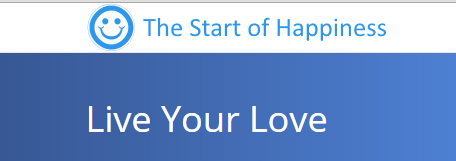
INTRODUCTION:
When you work for yourself, you quickly realize that one of the most important things you need to learn isn’t how to sell your product or service, it’s how to sell yourself. By presenting yourself as an expert in your field, and having the skills to back up that claim, you’ll draw new customers in by direct marketing and word of mouth. Many people who want to start a business aren’t comfortable with this, which is why it’s good to have people like Nancy Badillo standing by to help with questions related to SEO and online marketing tools.
UV: When it comes to getting your name out there, you set your clients a great example by having a presence on multiple social media networks. How much time do you spend each day making sure that this content is updated regularly?
Maintaining a presence on your social media is important. I check my social media every single day and try to spend no more than an hour a day. My social media channels are constantly updated with new content and respond to daily messages. The most important aspect of social media is to make sure you build a connection with your audience.
UV: Sites like Pinterest and Instagram are image-heavy, but ones like Twitter and LinkedIn rely on words to attract people to your site. What are your words of advice to people who are afraid they won’t know what to say?
In the beginning stages of my blogging career, I was also intimidated with Twitter and LinkedIn. The good news is anyone can get over the fear of social media with a little practice. I personally always suggest to sticking with social media etiquettes. Make sure you separate personal and business accounts, provide valuable content, be aware everything you post is public, and most importantly don’t spam.
UV: Do you write most of the blog content and articles on your website? Do you ever write for other blogs and websites?
I do write most of the blog content and articles on my website. I also have a lot of guest bloggers that contribute to my blog on a regular basis. Yes, I do write for other blogs and websites. There are tons of benefits of guest blogging, which are building my online influence and increasing my traffic.
UV: With Ultimate Vocabulary people can expand their vocabulary knowledge by learning specific words, but we also recommend that people improve their word skills by reading what other people have written. How much time do you spend reading printed or online material?
I spend about 10 hours a week reading online material. I am always trying to teach myself new things. For instance, at the moment I am learning how to code websites. The rules of blogging are constantly changing so it’s vital that we stay current with new changes. I also learn a lot from my fellow bloggers and following up with their posting.
UV: If you only had ten words of advice to new bloggers, what would they be?
If your going to start a blog, find something your passionate about.
Have something to add to this story? Share it in the comments













